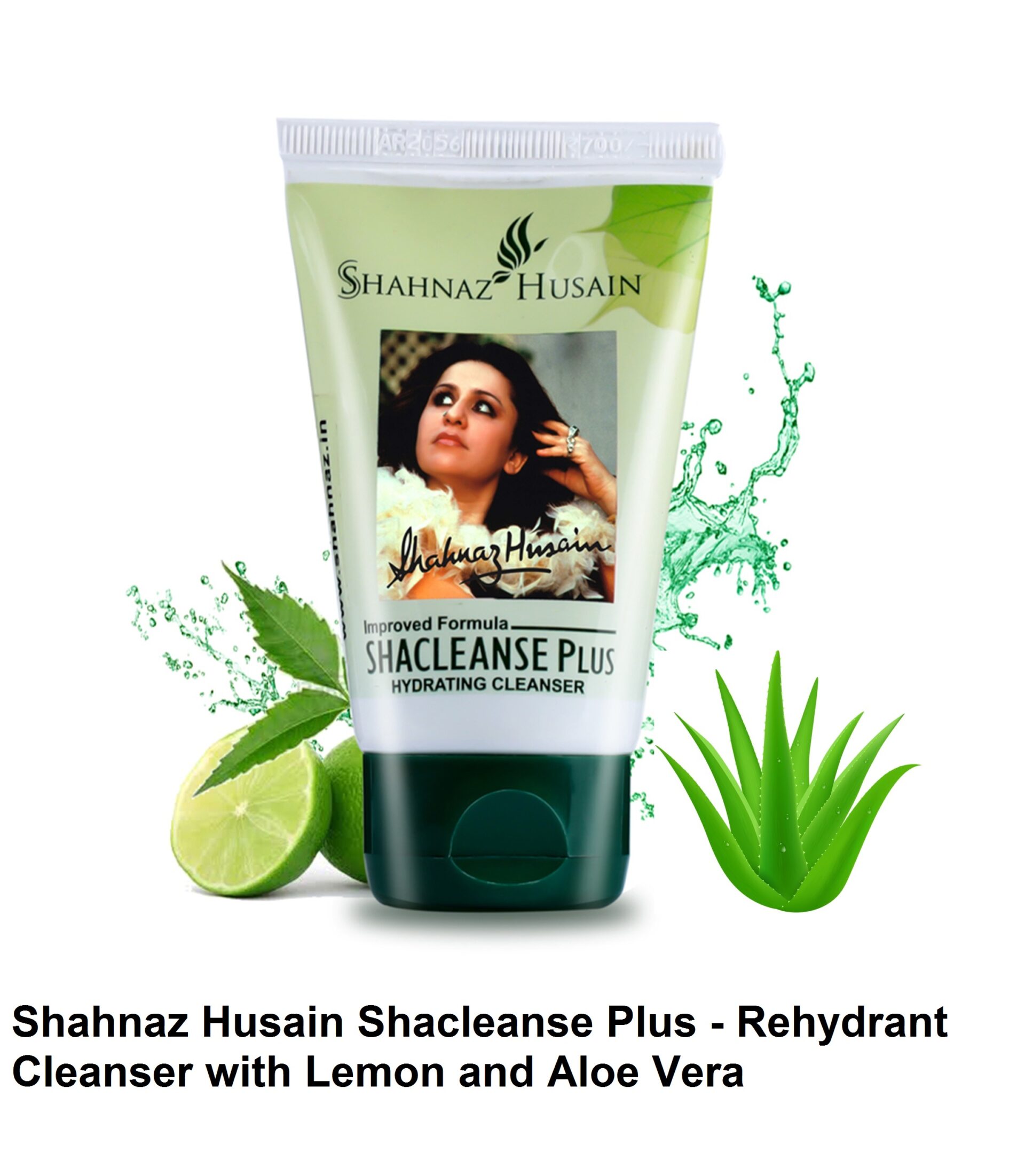Knowing the skin type is the basis of regular skin care, so that you can select the products according to the individual needs of your skin. There are problems, which are typical to skin type and one must know how to deal with them. To find out your skin type, when you wake up in the morning, wipe your face with a tissue, before washing or cleansing it. If the tissue is clean, you have a normal to dry skin. If the tissue becomes stained or soiled with grease, you have a normal to oily skin.
Use different tissues for different areas, wiping the forehead, nose and chin with one tissue and using another one to wipe the cheeks. This will help to know if you have a combination skin.
Most people know that skin types fall into four major categories – normal, dry, oily and combination. There are also exaggerated versions of these major skin types, like dehydrated skin, sensitive skin, problem skin with pimples, rash or acne, ageing skin or hydrated skin.
People with normal skin are lucky, because the skin is balanced, neither oily nor dry. It has a soft velvety texture and colour glows under its translucent surface. However, a normal skin also needs daily care if it has to last. If you have a dry skin, you fall in the category of the majority. Your skin lacks both oil and moisture. It looks fine, transparent, patchy and fragile. Tiny expression lines develop early. Dry skins flake and chap easily. In oily skins, the sebaceous (oil-producing) glands are overactive. They produce more oil than the skin needs, which oozes up, giving the skin a greasy look. The excess oil enlarges the pores, giving the skin a coarse texture. Oily skins are prone to blackheads, pimples and acne. Combination skins have a greasy area, while the rest of the skin is dry or normal.
The forehead, nose and chin, comprising the T-zone, is usually greasy, while the cheeks are dry.
Your facial treatment should include Cleansing, Exfoliation (cleansing of dead cells with scrubs), Extraction of blackheads (if needed), Massage, Mask, Toning and Protection (use of protective cream). For normal to oily skin and also for acne-prone skin, the facial treatment should include deep pore cleansing, exfoliation with a scrub or cleansing grains, toning, medicated masks and products, etc. If there are pimples, acne or rash, avoid using scrubs on them. For oily skin, avoid facial massage with cream. Deep pore cleansing methods, along with exfoliation should be given. Have blackheads extracted at a salon.
Apply masks to tighten the pores. Protective creams should be applied after the facial, along with moisturizers, according to skin type. For combination skin, the skin may be cleansed with cleansing milk. The dry areas are treated with a light massage, while blackheads may be extracted from oily areas. Toning and skin compress are essential parts and so are mask and protection. For dry skin, the facial involves the aspects of cleansing, deep cleansing and protection. After thorough cleansing, massage the skin with nourishing cream Special massage techniques are used for special areas, like the delicate region around the eyes. Apply mask, give cold compress after removing mask. Apply protective cream or sunscreen at the end. A healthy diet and lifestyle are also important for balanced skin. If the system is congested, it reflects on the skin. Keep the system cleansed by including fresh fruits, raw salads, sprouts, whole grains and yogurt in your daily diet. Drink 6 to 8 glasses of water daily. Add the juice of a lemon to a glass of water and have it first thing in the morning.
So, if you want your skin story to have a happy ending, remember these skin facts and basic rules.

